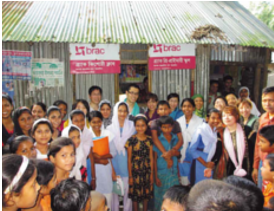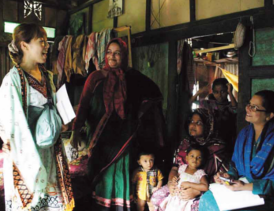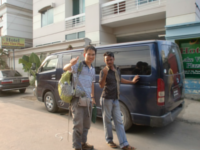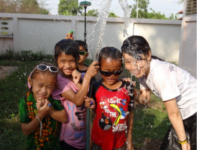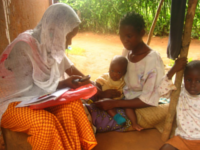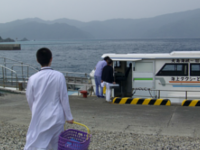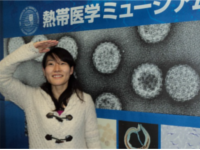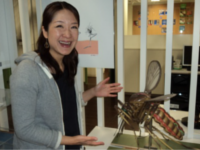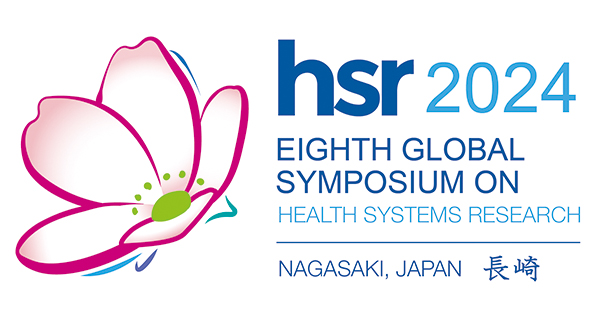Mitsuru Uchino
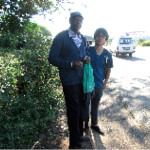 I entered Nagasaki University’s graduate school as soon as I completed my undergraduate education. Initially, I was worried about my graduate studies because I did not have any experience in the health field, however my experienced professors put those fears to rest. They were very enthusiastic, as were my classmates, and after a year my anxiety faded away.
I entered Nagasaki University’s graduate school as soon as I completed my undergraduate education. Initially, I was worried about my graduate studies because I did not have any experience in the health field, however my experienced professors put those fears to rest. They were very enthusiastic, as were my classmates, and after a year my anxiety faded away.
Aside from health related courses, the school provided us with lectures on a broad range of topics such as politics, economics, anthropology, etc. Moreover, they gave my classmates and I many opportunities to discuss what we learned. I am really appreciative that we could study under those circumstances.
Currently, I am staying in South Africa to do research as part of an internship. It is the first time for me to stay long-term abroad. I am sometimes faced with unexpected situations, however, I want to cooperate with the local people and do our best together.

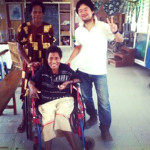 I enrolled in the Graduate School of International Health Development after finishing my volunteer program in Papua New Guinea. Through my volunteer experience as a physiotherapist, I faced the reality that a lot of disabled people are living with physical and psychological barriers in remote areas due to a lack of rehabilitation services. Motivated by my desire to become an expert who can be involved in drafting policies to help people with disabilities, I applied for this school.
I enrolled in the Graduate School of International Health Development after finishing my volunteer program in Papua New Guinea. Through my volunteer experience as a physiotherapist, I faced the reality that a lot of disabled people are living with physical and psychological barriers in remote areas due to a lack of rehabilitation services. Motivated by my desire to become an expert who can be involved in drafting policies to help people with disabilities, I applied for this school. I entered Nagasaki University’s graduate school as soon as I completed my undergraduate education. Initially, I was worried about my graduate studies because I did not have any experience in the health field, however my experienced professors put those fears to rest. They were very enthusiastic, as were my classmates, and after a year my anxiety faded away.
I entered Nagasaki University’s graduate school as soon as I completed my undergraduate education. Initially, I was worried about my graduate studies because I did not have any experience in the health field, however my experienced professors put those fears to rest. They were very enthusiastic, as were my classmates, and after a year my anxiety faded away.